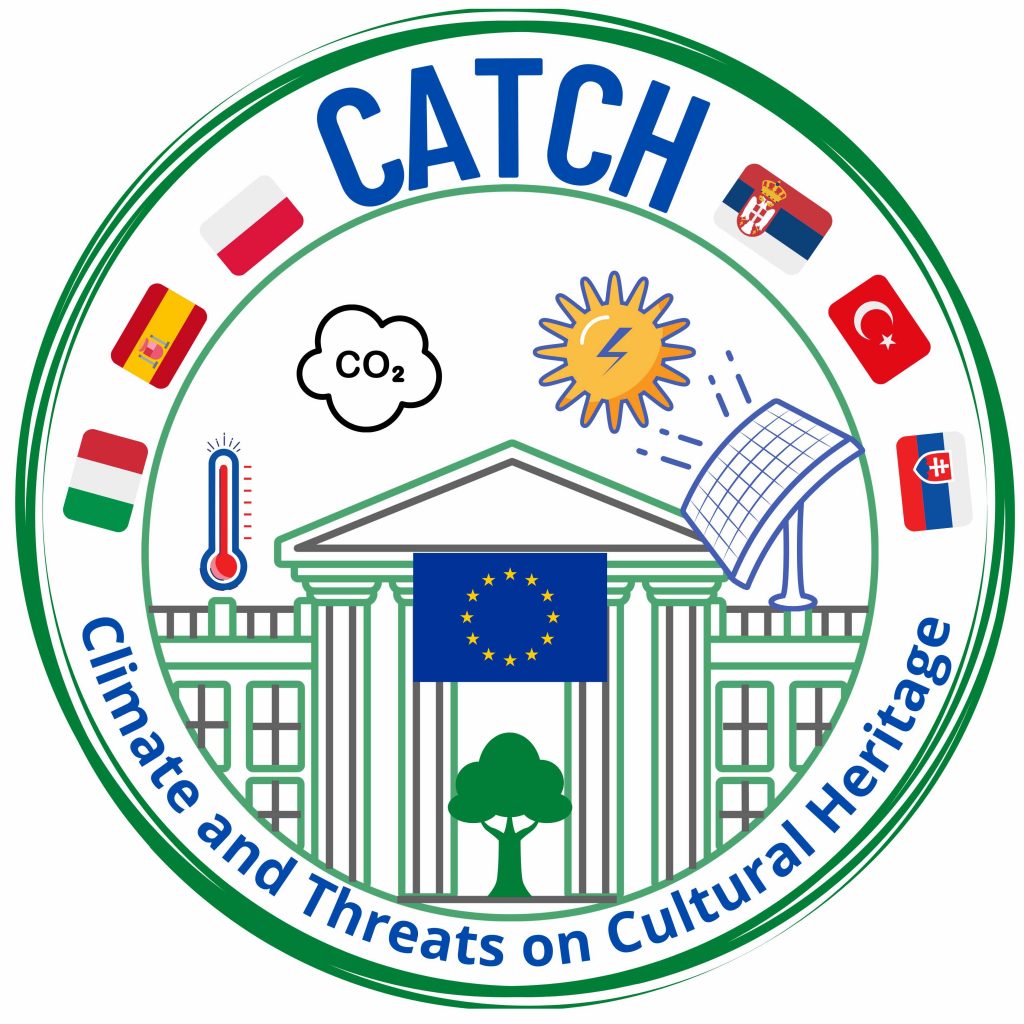Spanish School
La Salle-El Pilar School (Alfaro, Spain)

Our school is a semi-private school (with more than a hundred years of history) located in
Alfaro (10,000 inhabitants approx.), belonging to a middle class social background, in the
Autonomous Community of La Rioja in northern Spain. It belongs to LA SALLE network
which has schools all over the world.e-school, Primary and Secondary Education.
There are around 350 students (aged from 1 to 16, school leaving age) and 30 teachers. As
I said before, most students belong to a middle class socio-economical background, and
immigrant students are about 10%. The percentage of students with special needs is
bigger in Primary Education than in Secondary but, still, is quite low about 5% of all
students. Threre aren’t any refugee students in our school.
The school has two buildings: one for Infant Education and kindergarten with six
classrooms, a school canteen and a spacious playground. The other building, which is much
bigger, is meant for Primary and Secondary Education. There are 7 classrooms for Primary
Education and 5 classrooms for Secondary Education. There is also a library, a Science
laboratory, a music room, a school counsellor’s office, a teachers’ room, two special-needs
students’ classrooms, a spacious computer room with 25 PCs, a multiple-use room for
conferences, talks, assemblies, etc. and three playgrounds, one of them with football and
basketball pitches.

Our school is inclusive, innovative, promotes new technologies for learning purposes,
foments foreign languages, cooperative work, project-based learning and currently is
running an environmental programme (explained below), which perfectly fits in the
Erasmus programme philosophy.
As regards school management, we hold the ‘Golden Q’ distinction for quality management
after a long process to adapt our school to the EFQM system. It was given to us four years
ago. All the teachers are divided into various processes such as pedagogy, evaluation,
communication, complementary activities, diversity, justice and peace and so on.
I think that it is also worth pointing out that our school has been carrying out the project
Educational Centres Towards Sustainability which aims to promote collaborative
learning processes which empower students to carry out actions to build an educational
school and a more sustainable society. In its essence, Educational Centers Towards
Sustainability is a school eco-audit that seeks a long-term implementation of
sustainability habits in schools. Our school has been carrying out this project since the
2012/2013 academic year.
Concerning ICT, all our secondary school students use personal tablets in most of their
subjects, each classroom has a projector and screen for digital books and, as stated above,
we also make use of a spacious computer room with 25 PCs.
With reference to social activities, our school has a free time club which organises
weekend activities (sports, dances, handcrafts, contests, etc) and also carries out
volunteering activities at certain times of the year (Easter, Christmas, Fair Trade market,
etc) to raise money for local charities.

As to teaching experiences, it must be emphasized that currently La Salle is implementing
a project based learning methodology, the New Learning Context (NLC) in most subjects,
also in English, making use of tablets and digital books to access all the course contents
and materials and having our students work cooperatively. It represents a structural
change for all La Salle schools shifting from contents to contexts, more practice and less
theory. Erasmus projects will allow teachers and students to learn about other European
teaching methods and no doubt it will help us get new ideas for our NLC on how project
based methodologies are being implemented in other schools.
It should also be pointed out that, so far, we have carried out quite a few eTwinning projects with
different European countries such as Germany, Turkey, Italy, Greece, France, Belgium,
among others and our school even got two National and European Quality Labels for
two of these projects; but we wanted to move forward and try a more ambitious programme
like Erasmus+. Finally we were selected and currently our school is the main coordinator
of a KA229 Erasmus project which started in 2020 (pandemic year) and it has been
extended until 2023.

School web page: https://lasallealfaro.es/

